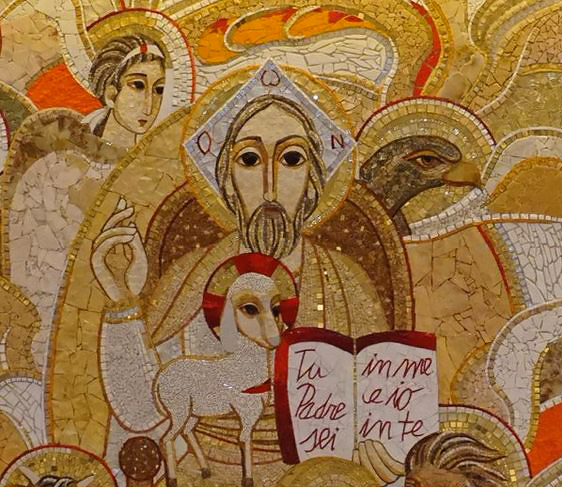
We all conveniently dismiss verses such as those taken from the Acts of the Apostles today. Picture St. Paul speaking to us through the millennium, calling us as Jesus’ apostles, to recognize that the Word made flesh is “the same yesterday and today and forever.” God’s word endures for all time, as does our obligation to heed his teaching to be the light and love to a world lost in the darkness of separation from God. Bishop Barron reflects on the enduring nature of God by saying, “If you had asked an aristocrat in second-century Italy how long the Roman Empire would last, he probably would have said, ‘forever.’ If you had told an English gentleman in 1900 that Britain would be a second-rate power by the end of the 20th century, he wouldn’t have believed you. Jesus unveils the true nature of this passing world so that we might not cling to it as our ultimate good. Just when we are tempted to find our security in nature, governments, cultural institutions, or the health of our own bodies, these words today from St. Paul should shake us out of our complacency and force us to wake up. Jesus, who entered into this passing world of ours but bore in his person the eternal power of God, wants us not to panic when the world and everything in it are shaken. For if we are grounded in Jesus Christ, who is the same yesterday, today, and forever, we are bonded to the eternal destiny that awaits all who are in Him.









